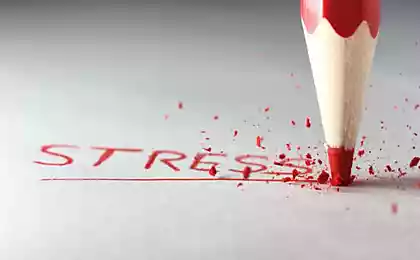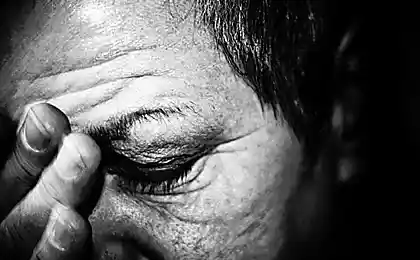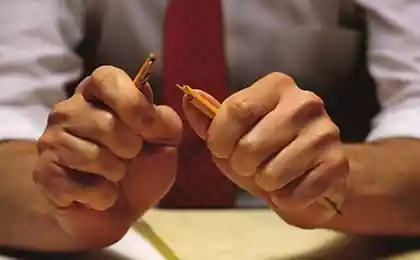472
How to recover from stress

Stress is the emotional and physical stress that occurs in response to events around the world. Stress itself is not always bad, because it warns of potential danger causes the body and mind are in "combat readiness" to overcome difficult situations, and motivates the operation with maximum efficiency. Problems arise when the stress becomes too strong and/or when it is delayed in time; lack of management skills and dealing with stress also create difficulties in overcoming it. It is therefore important to learn to relax and find time to recuperate.
The effects of stress on the human body
The first indication that you will not recover completely after stress: lack of energy, difficult to focus, there is often a bad mood, increased irritability, anxiety. Another sign may be the desire to retire, to get away from the "Madding crowd" so to speak is a kind of natural urge of the body to rest.
If for a long time, the body receives a welcome rest from the stress, it begins to affect health.
Ways of dealing with stress
1. Breathe deeply. This is the first and most simple step in dealing with stress. Our breath is connected to our mind, and if we begin to breathe slower and deeper, especially with increased exhalation, our mind and nervous system calm down. Try to develop the habit to breathe deeply and slowly than usual and your stress will increase significantly.
2. Abstracted from the factor of stress. Take your mind to the fact that you enjoy, so you can reduce stressful influence.
3.Learn to relax. In this case, I mean not a way to "relax", which often meant today — in a bar or club with friends — a real relaxation, because providing the body the opportunity to recover. This is ideal for nature walks in the fresh air, away from the bustle of the city. Very beneficial is to practice Shavasana or yoga pose for relaxation (posture lying on the back).
4.The right use of free time. I had this problem: even in my free time, I often have crammed my head with thoughts about work, making plans, analyzing work day, etc. it is not allowed to escape and relax normally, but drew strength, after all, thinking about work, I recall the unpleasant situation in particular; and in General the process of analysis itself also takes energy. So when you have free time, do something totally unconnected with your professional activities: mind your own Hobbies, work, spend time with children, again, rest on the nature.
5. Get enough sleep. This point is very important, although many people, especially in youth, to underestimate its value. The fact that during sleep the influence of our consciousness on the body "turned off" giving the body a chance to "put things in order, while you're not home". Yes, that's an apt analogy: when we are "home", i.e. when you are awake, then direct the "clutter" in your body's own restless feelings and thoughts, unhealthy habits, lack of physical activity etc. Dream is the chance for the body to bring yourself back to normal. Don't ignore it.
6. Develop healthy habits. If you have these habits you have or cultivate them, the process of recovery after stress is significantly faster, since the body will need to work with fewer "garbage", both physical and mental. This includes: proper, healthy diet (I recommend to switch to vegetarianism), regular (preferably daily) physical activity (moderate exercise, there is no need to drive yourself completely; for me, it works great for yoga), adherence to diet, sleep and rest.
7. Most smile. Smile, laugh, positive emotions radiate a healing vibration, thereby reducing the effects of stress and helping our body recover faster. In Qigong there is a practice like inner smile — I sometimes practice is very efficient. If you use the image of a smile to relax specific parts of the body, the effect is observed almost immediately.
8. Plan reasonable. It is more related to stress management or stress management, as a whole, however, the item is also important as they will prevent the occurrence of challenging stressful situations at work. When your activity is well planned, the impact of stress on the body will be significantly lower. "Reasonable" means not burden yourself with what is beyond your actual capabilities.
Adherence to these 8 points will not only help you recover from stress, but also significantly reduce its impact in the future.























